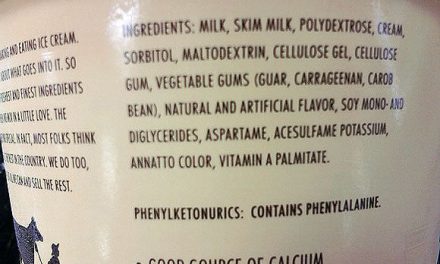DNA may determine if you’re an early bird or night owl
Good morning Health Nuts! Well, good morning to some of you. There are others who won’t roll out of bed until well into the afternoon and it turns out that you genes may play a part in that! According to a new study, being a morning person (or night owl) could be in your genes. (Don’t tell anyone, but I think I might be a night owl.. just a little) 
Researchers from 23andme.com and the Department of Biological Sciences, San Jose State University, recently released their results of a study they did on circadian rhythms. Circadian rhythms are physical, mental and behavioral changes that follow a (roughly) 24-hour cycle, responding primarily to light and darkness in an organism’s environment. They are found in most living things, including animals, plants and many tiny microbes. And it seems that certain genetic variations happen more frequently in those who identify as being “early birds” (and early to bed).
The team was able to study the DNA of nearly 89,000 (previous study sizes have been small and findings were not very robust) people and found 15 different areas in the genetic code that were likely to be different between morning people and self-described evening people. Of the 15, seven of these genetic variations occurred near the genes that are involved in regulating a person’s circadian rhythm! Those who are “morning people” are more likely to be female and less likely (than night people) to have insomnia or sleep apnea. For more info, and there is a TON, you’ll have to check out the entire study and their findings. See the “Nature” link below. I read it and its a long and fun read.
As circadian rhythms are a nearly universal characteristic of living organisms, and affect almost every biological process, it turns out our deep preference for mornings or evenings have already been determined for us. So rest easy folks, looks like you were designed this way! Now if only those of us who are night owls (I know I’m not the only one!) could convince the rest of the world that this is normal!
Source: Science News and Nature











